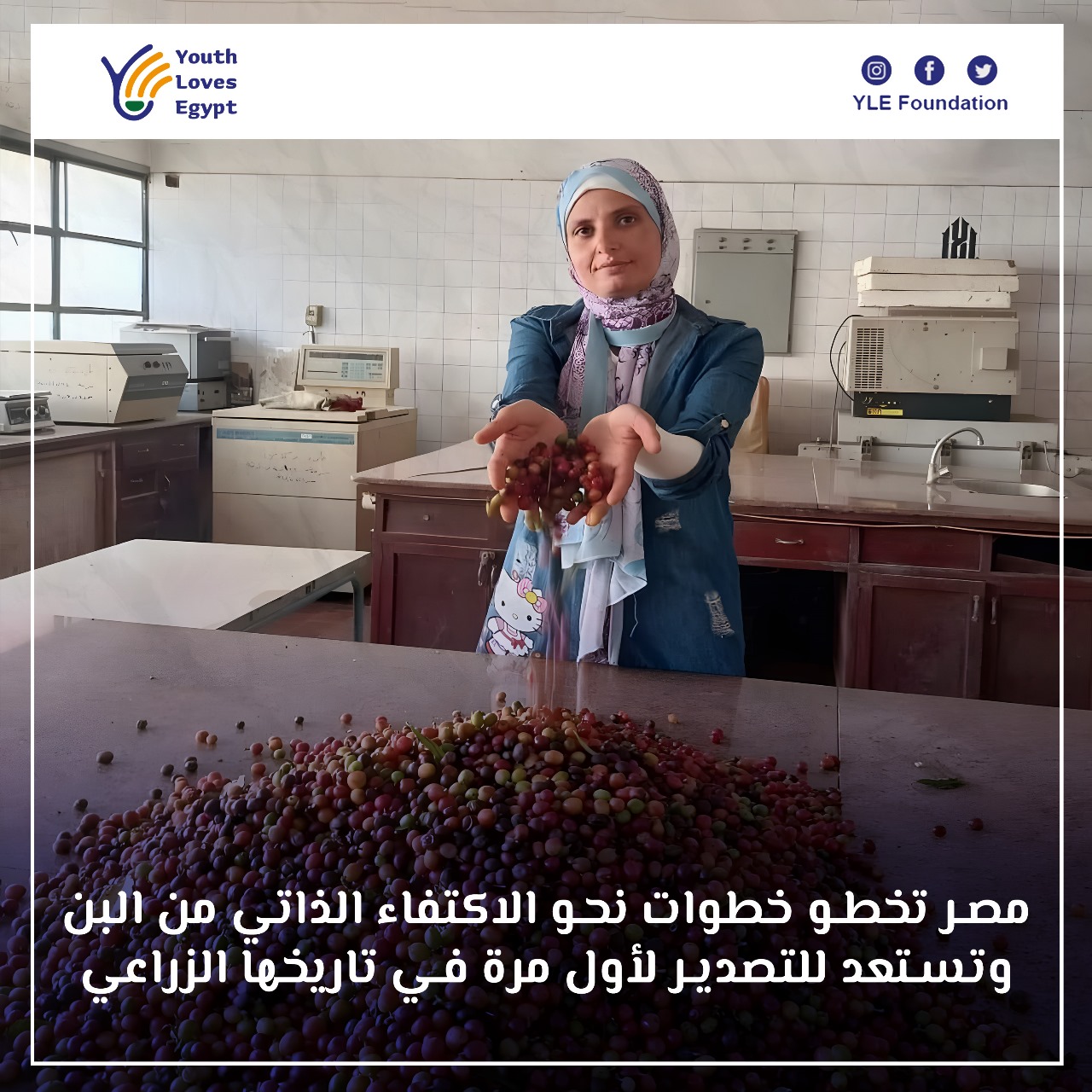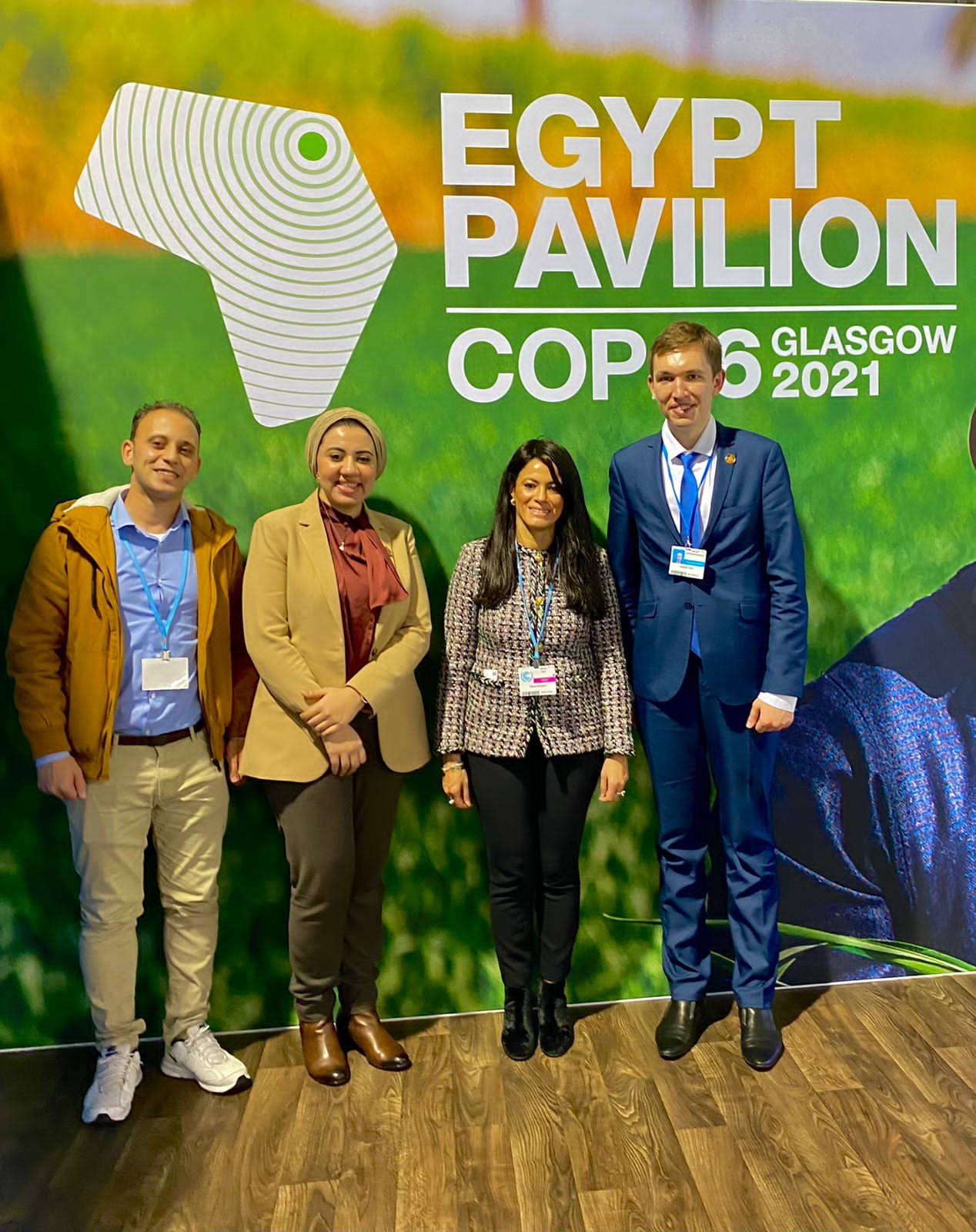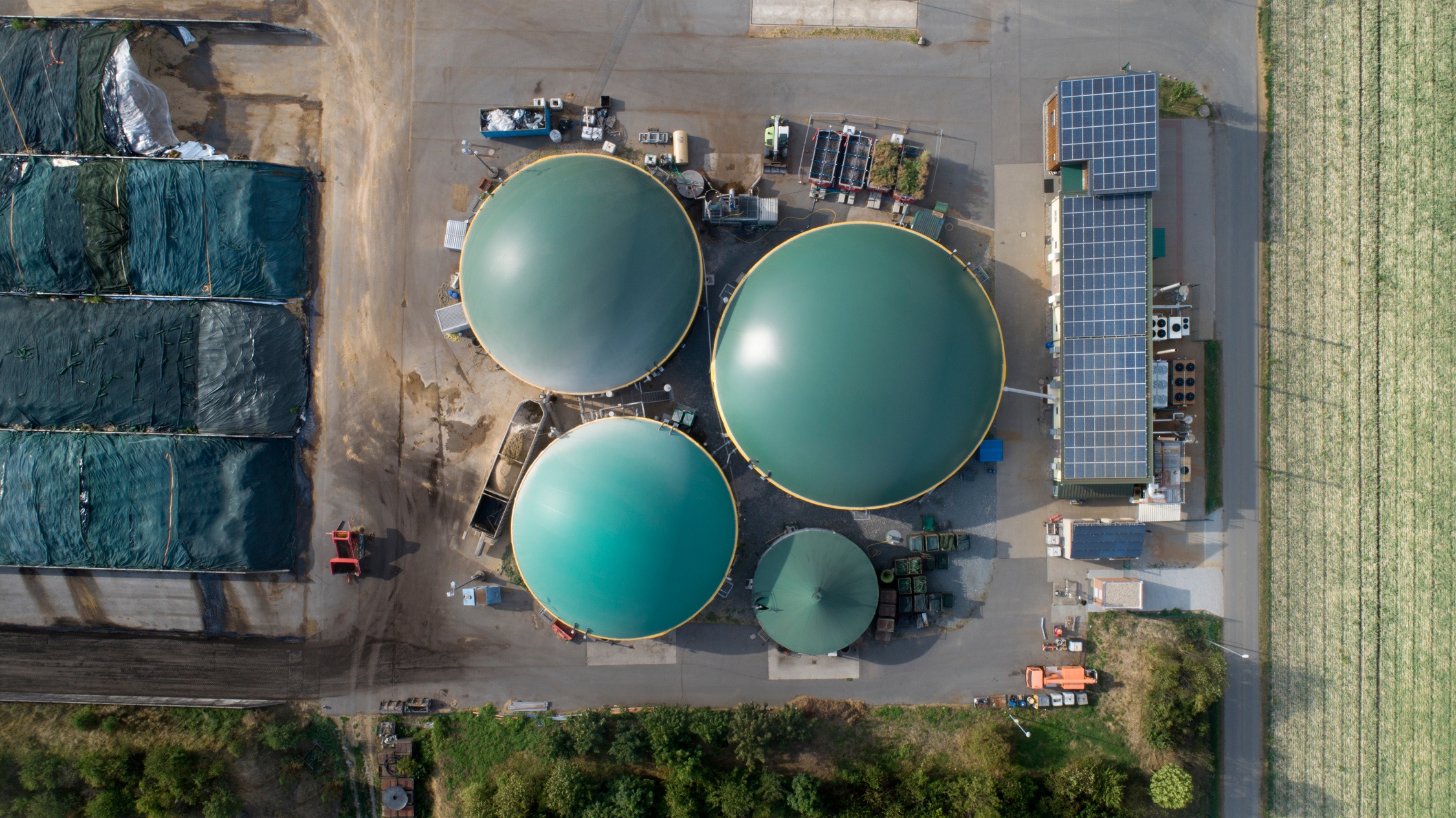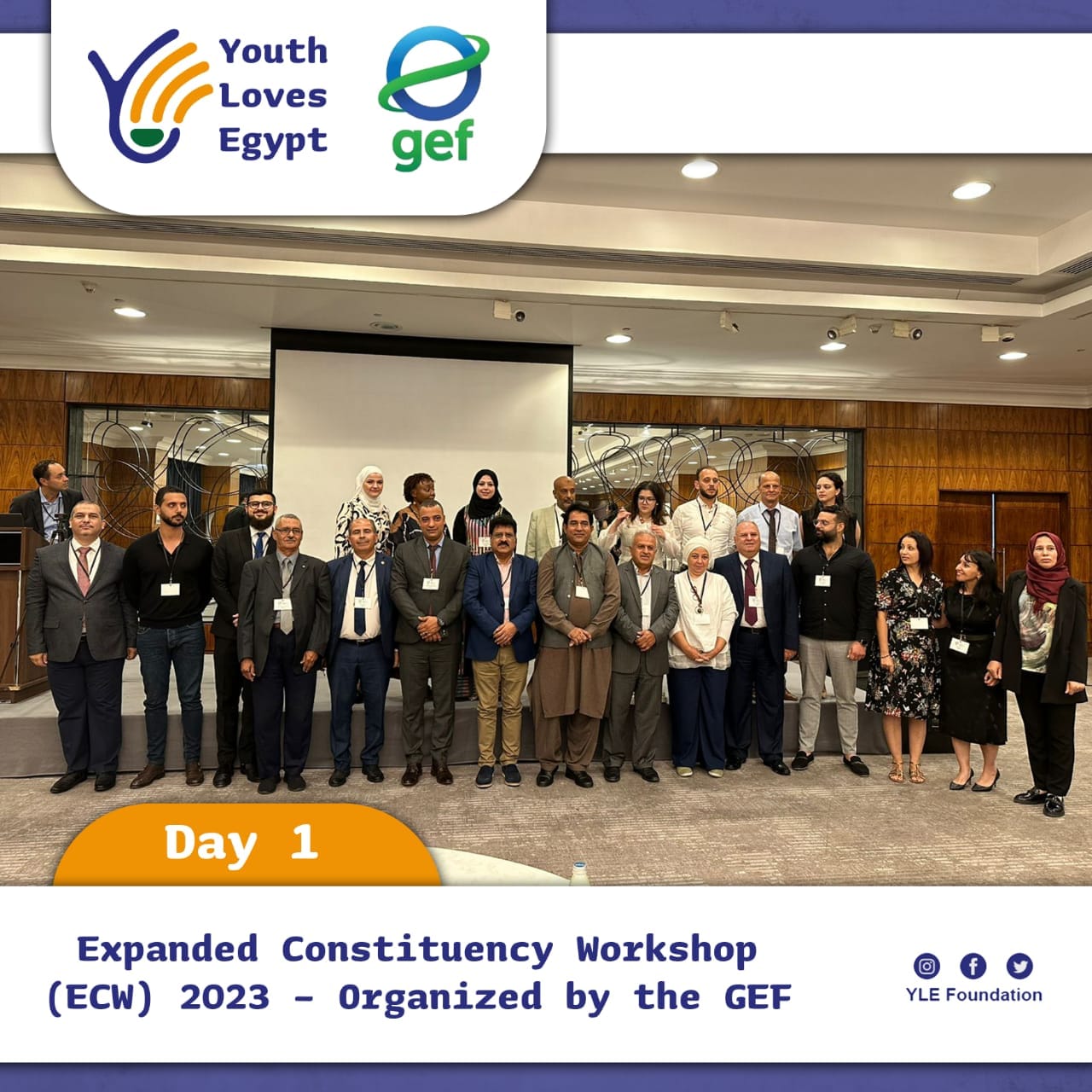News about Egypt's success in initial experiments with coffee cultivation on its own soil has sparked interest. After nearly 40 years of scientific experimentation, Egypt is now poised to localize coffee cultivation, having long relied on imports. For the first time, it has successfully grown coffee in commercial quantities, and there are expectations that Egypt will become a coffee-exporting nation in the near future. Sources from the Egyptian Ministry of Agriculture have revealed that the Horticultural Research Institute, which operates under the ministry, is currently conducting trials for Egyptian coffee cultivation in the Qanater El Khayreya region.
The goal is to plant 120,000 seedlings according to a map prepared by the institute, and once the experiments with Egyptian coffee seedlings are complete, an official announcement will be made regarding the governorates where coffee will be cultivated.
Historical Context
Egypt began coffee cultivation experiments 40 years ago. Coffee cultivation in Egypt faced several challenges, including unfavorable climate conditions, pests, and diseases. Egyptian researchers overcame these challenges by developing new agricultural techniques.
Current Production
Egypt currently produces 600 tons of coffee annually. The country aims to increase its coffee production to 10,000 tons per year over the next five years.
Quality Assurance
Egyptian coffee has received international certifications affirming its high quality. It competes with coffee from other producing countries.
Export Plans
Egypt plans to export surplus coffee to global markets.It is expected to become a major coffee exporter in the Middle East and North Africa region.
Economic Impact
- Coffee cultivation will create new job opportunities in Egypt.
- Diversifying the Egyptian economy is another benefit.
- Cultivating coffee locally will reduce Egypt's dependence on imports.
Egypt's success in coffee cultivation represents a historic achievement. It not only contributes to self-sufficiency but also holds promise for economic development. Egypt serves as a model for other countries seeking to cultivate coffee under non-traditional climatic conditions.





